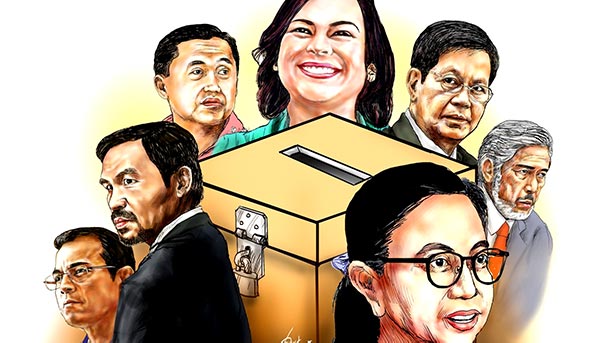Dynasty politics has been a longstanding phenomenon in the political history of various countries worldwide. This phenomenon entails the dominance of a specific family or lineage in the political arena, where power and political influence are inherited from one generation to the next. This article aims to delve into the meaning of dynasty politics, explore the factors that support this phenomenon, and examine its impact on the political system and society.
Definition of Dynasty Politics:
Dynasty politics refers to a system where political power is held continuously by a particular family or lineage. In dynasty politics, leadership and political control are often passed down through familial relationships, such as from father to son or between siblings. This phenomenon can be observed at various levels of governance, ranging from local to national levels.
Factors Driving Dynasty Politics:
- Political Legacy: One key factor supporting dynasty politics is the existence of a political legacy. Successful leadership from the previous generation often serves as the foundation for legitimizing the transfer of power to the next family member. This can create a pattern of sustained leadership from one generation to the next.
- Access and Resources: Political dynasty families often have greater access to political and economic resources. This access may include strong political connections, wealth, or control over key sectors within the government. These factors facilitate the political family in maintaining and transferring power among their family members.
- Cultural Influence and Tradition: In some societies, there is a deeply ingrained tradition associated with leadership and family. Political cultures that value lineage and place importance on familial experience can provide social and political support for dynasty politics. Cultural factors play a significant role in shaping the acceptance and continuity of political dynasties.
Effects of Dynasty Politics:
- Democracy and Representation: Dynasty politics can potentially undermine the principles of democracy by concentrating power within a specific family, limiting the representation of diverse voices and perspectives. This concentration of power may hinder the development of a robust and inclusive political system.
- Economic Inequality: Political dynasties often control significant economic resources, and their continued presence in power may exacerbate economic inequality. This can result in unequal distribution of resources and opportunities, perpetuating social disparities.
- Lack of Meritocracy: Dynasty politics may lead to a lack of meritocracy in governance. The selection of leaders based on familial ties rather than individual merit and qualifications can impede the appointment of the most competent individuals to key positions.
Conclusion:
Dynasty politics represents a complex and multifaceted phenomenon that influences the political landscape in various regions. Understanding the dynamics of political dynasties is crucial for assessing their impact on democratic principles, economic structures, and societal development. As societies grapple with the challenges posed by dynasty politics, there is a need for ongoing discourse and reform to ensure fair and inclusive governanceP
